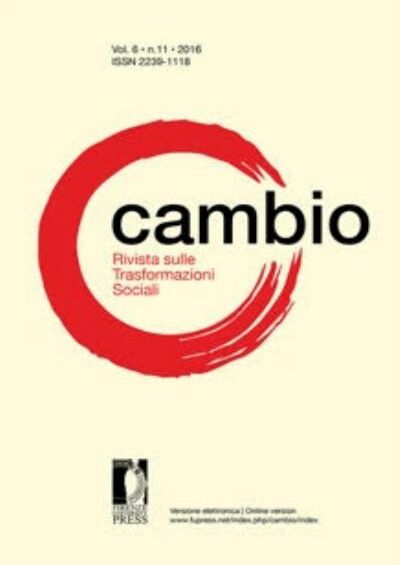On the one hand, the health emergency and the consequent economic crisis confirm the penetration of finance into the production sphere and daily life. In this sense, the pandemic constitutes a sort of “litmus test” for the diffusion and pervasiveness of processes such as, for example, the financialization of key sectors for the well-being of citizens, primarily health and social issues, or the access to individual credit for dealing with unsettling events. On the other hand, finance is also being addressed as a possible source of solutions for the emergency and the immediate future. In this regard, we can consider the various proposals for private finance (e.g. loans to businesses), public finance (e.g. access to European funds and the relaxation of budget constraints), finance for welfare and the intervention of non-profit organizations (e.g. social finance and the intervention of bank foundations) that emerged during the health crisis.
For these reasons, the Covid-19 health crisis – as well as the 2008 economic crisis, albeit with some differences – is an ideal event to investigate how the financial sphere works and how it responds to the challenges posed by the context, strengthening and / or transforming itself. More generally, the call intends to investigate how finance is integrated into networks of social relations, culture, technology, in the production, dissemination and legitimation of scientific knowledge, and in different institutional contexts, to improve the understanding of financial processes and their impact not only on the economic system but also on society and people’s daily lives.
We call for contributions that explore these themes, on the theoretical and / or empirical level, from different disciplinary approaches, involving sociology, anthropology, political science, history and the social sciences as a whole.
A non-exclusive list of macro-themes of interest includes:
- the financialization processes in not strictly “financial” areas, e.g. the role covered / delegated to finance in second welfare and public policies;
- finance in support of the local economy (e.g. traditional banking system, complementary currencies, microcredit) and the different cooperation processes between actors involved;
- the banking processes and financial inclusion of families, focusing on how financial tools are integrated into family dynamics, with particular attention to indebtedness;
- the economic-financial elites and their capacity for collective action, including the analysis of points of socialization where knowledge with high performative power is formed (clubs, schools, think tanks, exclusive neighbourhoods, vacation spots);
- the functioning of the financial and banking system and its change over time, such as the activity of traders, investment funds and / or pension funds, corporate governance and the business and service models of banks and investment companies;
- theoretical and methodological reflection on the analysis of finance by the social sciences.
Critical contributions focused on the change affecting these areas and on the current social and cultural trends – e.g. the progressive depoliticization of processes and the individualization of social risk – will be particularly appreciated.
Articles submitted to Cambio should not have been previously published or accepted to be published in other journals. Manuscripts for the monographic section, have to be sent by
31/03/2022
Please, submit your article directly on our website:
https://oaj.fupress.net/index.php/cambio/about/submissions
Decisions on the publication of articles are carried out by the Editorial Board, on the basis of the evaluation collected through a double-blind peer review. Submitted articles should run between 30,000 and 60,000 characters and provided with: a) an English abstract, focused the main points addressed; b) some keywords (from 3 to 6) that best represent the content.

